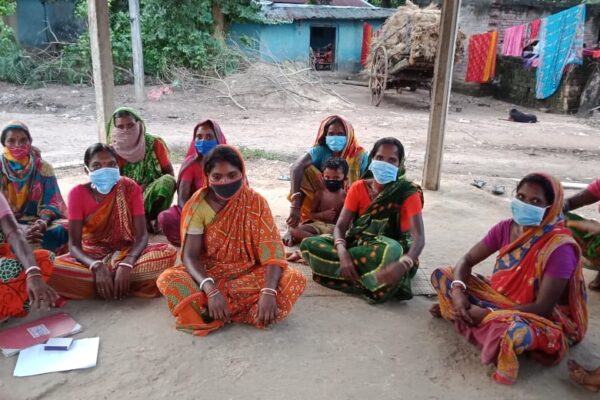
Covid 19 contagion is gender neutral but emotional contagion is not
The highly contagious Covid 19 virus has compelled the entire world to change the pattern of our social and professional interactions, cultural practices and celebrations. The virus has made a pervasive disruption of the social behaviour that shapes our shared world. The experience of the pandemic has an overarching influence at the personal, local and global level. The virus is making us increasingly suspicious and fearful so much so that we have started mistrusting our own hands the most.
And can the emotions too spread like COVID 19 or like a flu and cold? Yes it can and the scientists call it emotional contagion. But how powerful is it? Can it influence and change our social interactions and behaviour? Emotional contagion helps in directly eliciting similar emotions and behaviours in others likewise their own emotions and related behaviors. Emotional contagion process happens through three stages, mimicry, feedback and contagion (experience). When we interact with others we understand other person’s emotion mainly through the body language and mimicking their body language helps us to understand their experience. Mimicking an emotion invokes the similar emotion in us and we start experiencing it resulting into expressing the emotion or relating it to others in the similar way. Consequently we can be infected with a positive and relaxed emotion or can become depressed and develop a negative thought through the companies around us and the emotions and its associated behaviour that they express. Emotional contagion is thus a phenomenon that injects emotional synchrony between individuals or group of individuals.
Unlike COVID 19, emotional contagion affects men and women differently as the social construct of gender ascribes men and women to be differently sensitive towards the emotional states of the others. The studies reveal that women generally are more responsive and susceptible towards the emotional contagion than men. It is thus important to design and create a conducive “emotional climate” to reduce the emotional vulnerability of the women and to develop a collective positive attitude of the society towards women that reduces hostility towards women and promotes solidarity as a social collective emotion and behaviour. The strategy has to be designed to improve the quality of “emotional culture” of a society towards girls and women that prompts them to utilise their potentials the and reduces their emotional susceptibility towards emotional contagion on the one hand while increasing their sense of autonomy on the other.




Sudipta Dey
Very important and informative post Ma’am
Manali Roy Chowdhury
Wonderfully written and described about the emotional aspect of humans. Would love to be involved with you to learn more…. Great work mami💜
Raktima Mukherjee
Thanks Manali for your encouraging words